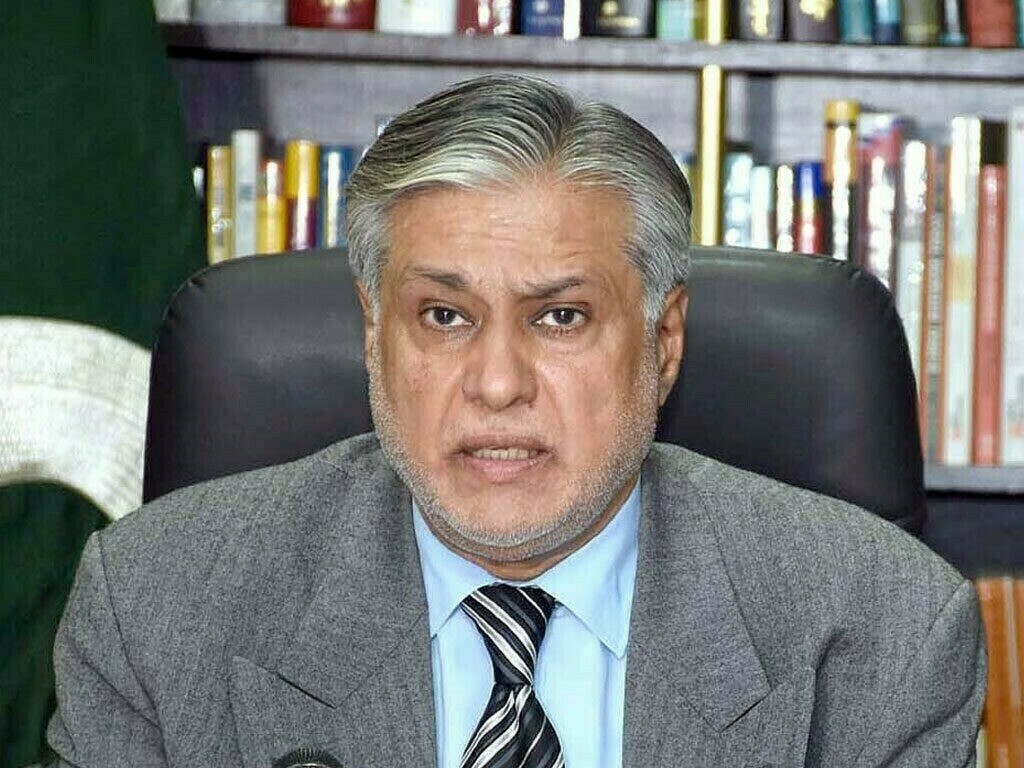
ISLAMABAD, September 16(Ghufran): Deputy Prime Minister and Foreign Minister Senator Mohammad Ishaq Dar has stressed the urgent need for serious reforms in the multilateral system, emphasizing that the United Nations Security Council (UNSC) must evolve effective mechanisms to enforce its resolutions through concrete actions or interventions. In an interview with Al Jazeera, during his visit to Qatar for the preparatory foreign ministerial meeting ahead of the Emergency Arab–Islamic Summit, the Deputy Prime Minister underscored that the UNSC was created to maintain global peace and security, but its credibility was being undermined by the consistent non-implementation of its resolutions on Palestine, Gaza, and Jammu and Kashmir. “If this continues, then the multilateral system has already gone too weak,” he remarked. Condemning Israel’s recent attack on Qatar, Senator Dar said the strike reflected the rogue attitude of an aggressor, repeatedly targeting countries in the region, including Lebanon, Syria, Iran, and now Qatar. He stressed that international law, humanitarian norms, OIC resolutions, and UNSC decisions had no impact on Israel, which continued to act with impunity.
The Deputy Prime Minister recalled that following the attack, Pakistan—alongside Somalia and Algeria—moved in the UNSC to summon a special session, mobilized OIC partners for the Emergency Summit, and activated the UN human rights machinery in Geneva. He said Israel’s objective appeared to be to derail peace mediation efforts, demonstrating its unwillingness for dialogue. Highlighting the humanitarian crisis, he noted that food had been weaponized, over 60,000 people had lost their lives, and more than 160,000 had been injured in Gaza over the last two years. He called for an immediate and unconditional ceasefire, coupled with unhindered humanitarian assistance. On Pakistan’s regional security policy, Senator Dar reiterated that Pakistan, as a nuclear-armed state, sought peace and stability, and would act decisively to protect its sovereignty. Referring to the May conflict with India, he said Pakistan acted in self-defence and rejected Indian claims of regional hegemony. He warned that India’s attempts to manipulate the Indus Waters Treaty would be treated as an act of war, as declared by Pakistan’s National Security Committee.
He further underlined that dialogue with India was possible, but must be comprehensive, covering terrorism, trade, economy, and the Jammu and Kashmir dispute. “We’re not begging for dialogue. As a peace-loving country, we welcome it, but it takes two to tango,” he stressed. On counter-terrorism, the Deputy Prime Minister said Pakistan possessed credible evidence of foreign financing of terrorist outfits, which had been shared with international agencies. He reiterated that the government and security forces were fully committed to eliminating terrorism, declaring that protecting the lives of Pakistani civilians and soldiers was a “red line.” Senator Dar also noted that bilateral ties with Afghanistan had improved significantly, and once again called for action against terrorist groups including TTP, BLA, and the Majeed Brigade.